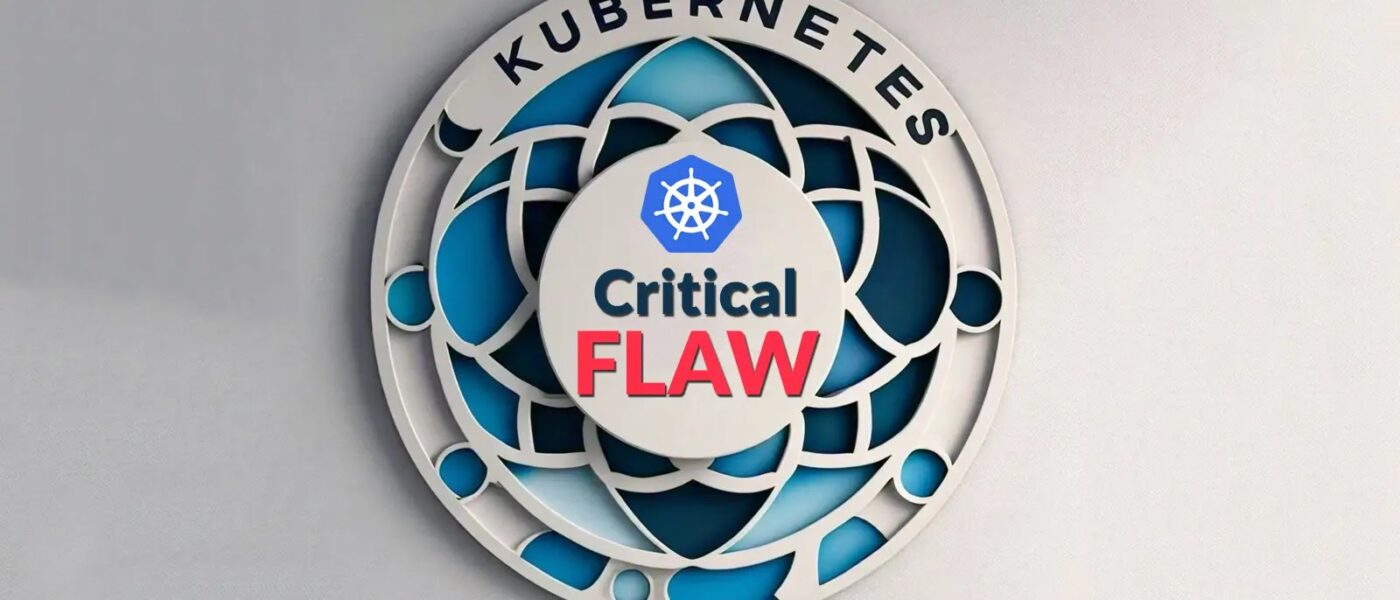Crucial Kubernetes Vulnerability Let Attackers Execute Arbitrary Instructions
A high-severity safety vulnerability in Kubernetes has been found, doubtlessly permitting attackers to execute arbitrary instructions past container boundaries.
The vulnerability has been tracked as CVE-2024-10220, impacts Kubernetes clusters utilizing the in-tree gitRepo quantity to clone repositories to subdirectories.
The safety vulnerability, rated Excessive with a CVSS rating of 8.1, exploits the hooks folder in goal repositories to run arbitrary instructions exterior container boundaries.
Kubernetes group analysts observed that this vulnerability impacts a number of variations of Kubernetes, together with:-
- kubelet v1.30.0 to v1.30.2
- kubelet v1.29.0 to v1.29.6
- kubelet variations as much as and together with v1.28.11
Maximizing Cybersecurity ROI: Professional Suggestions for SME & MSP Leaders – Attend Free Webinar
Affect and Exploitation
Attackers with the flexibility to create pods and affiliate gitRepo volumes may doubtlessly execute malicious instructions, compromising the safety of affected Kubernetes clusters. This vulnerability highlights the significance of correct entry controls and common security updates in container orchestration environments.
To handle this vital vulnerability, Kubernetes directors are strongly suggested to take the next actions:-
- Improve Kubernetes: Replace to one of many mounted variations:-
- kubelet v1.31.0
- kubelet v1.30.3
- kubelet v1.29.7
- kubelet v1.28.12
- Various Strategy: For the reason that gitRepo quantity has been deprecated, it is suggested to carry out Git clone operations utilizing an init container after which mount the listing into the Pod’s container.
- Detect Potential Exploitation: Use the offered kubectl command to record all pods utilizing the in-tree gitRepo quantity that clone to a .git subdirectory.
The Kubernetes Security Response Committee has retroactively assigned this vulnerability a CVE to help in consciousness and monitoring. Initially disclosed with a repair in July, this transfer underscores the continued dedication to safety throughout the Kubernetes ecosystem.
This vulnerability emphasizes the necessity for steady monitoring, immediate patching, and adherence to finest practices in Kubernetes deployments.
The invention and mitigation of CVE-2024-10220 spotlight the collaborative efforts throughout the Kubernetes group to establish, deal with, and talk safety points promptly, guaranteeing the integrity and reliability of this widely-used container arranging platform.
Are you from SOC/DFIR Groups? – Analyse Malware Information & Hyperlinks with ANY.RUN -> Try for Free



